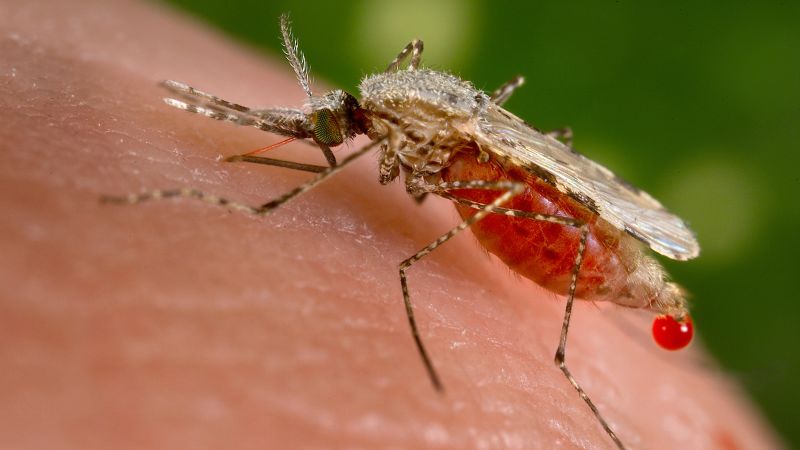Genetically engineered mosquitoes have been released in the tiny East African country of Djibouti to combat a surge in malaria infections caused by an invasive vector.
This initiative started on Thursday, comes as Djibouti, one of Africa’s smallest nations with just over a million residents, grapples with a dramatic increase in malaria cases, skyrocketing from just 27 in 2012 to more than 70,000 in recent years, according to the WHO. The health body attributes the spike to the arrival of Anopheles stephensi, an invasive Asian mosquito species that transmit the deadly disease.
The mosquito species has also been detected in Ethiopia and Somalia, Djibouti’s neighbors in the Horn of Africa, posing a significant regional threat.
Unlike most malaria-transmitting mosquitoes in Africa that breed in rural areas, Anopheles Stephensi thrives in urban environments, intensifying the public health challenge for predominantly urban Djibouti.
“This mosquito poses a huge threat to our fight against malaria,” said Grey Frandsen, CEO of US-owned biotechnology firm Oxitec, which developed the gene-modified mosquitoes released in Djibouti.
“Anopheles stephensi evade conventional tools, are resistant to insecticides and daytime-biters, reducing the efficacy of bed nets,” he said.
“We are in the pilot phase, but we believe in the technology. We are sure it will be the game changer,” Abdilleh said.
‘Using mosquitoes to fight mosquitoes’
Dubbed a method that “uses mosquitoes to fight mosquitoes”, Oxitec’s genetic technology targets female mosquitoes, which are predominantly responsible for malaria transmission.
The technique involves releasing genetically engineered male mosquitoes into the wild, which then mate with females. The introduced gene prevents female offspring from surviving to adulthood, effectively reducing the population of malaria-transmitting mosquitoes. Male mosquitoes do not bite and therefore cannot transmit malaria.
Frandsen said Oxitec’s genetic technology, which is funded by the Bill & Melinda Gates Foundation, has been effective in reducing other mosquito-borne viral diseases such as dengue fever in other parts of the world.
“We are still at the early stages of this program, but we’re hopeful of the impact this can have in driving down malaria-spreading mosquitoes,” he added.
Although the rollout of genetically modified mosquitoes in Djibouti is only the second in Africa, the idea is drawing more interest on the continent.
In 2019, a team of scientists released Africa’s pioneer batch of gene-modified mosquitoes to gather data on the potency of the technique in Burkina Faso where malaria is a leading cause of death.
According to vector control research alliance, Target Malaria, the mosquitoes released in the west African country were “genetically modified to be sterile, so it can mate but cannot produce offspring.”
It added that an estimated 14,850 gene-modified male mosquitoes were released and 527 were recaptured.
“After recapturing them, the researchers found that the genetically modified mosquitoes were less mobile than their non-transgenic siblings and had lower survival rates,” the alliance said of its findings, adding that a second trial phase was being planned in the country.
Uganda’s President Yoweri Museveni announced in early January that his country is partnering with Oxitec to combat malaria.
Africa bears the brunt of the global malaria burden, accounting for 96% of malaria deaths worldwide in 2021, according to the World Health Organization.



























